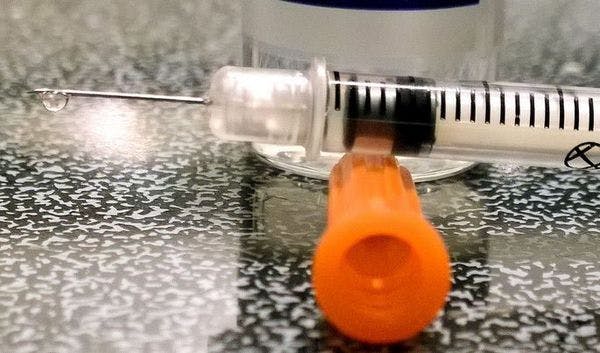La kétamine, la santé mondiale et pourquoi l'intention de la Chine d'adopter une législation internationale pourrait mettre en danger des millions de patients
Du 9 au 11 décembre 2015, la Commission des Nations Unies sur les stupéfiants (CND) se réunira à Vienne pour discuter des modifications de l’envergure du contrôle des substances et d’une éventuelle restriction de l’usage de kétamine à l'échelle internationale. Pour en savoir plus, en anglais, veuillez lire les informations ci-dessous.
Abonnez-vous à l'Alerte mensuelle de l'IDPC pour recevoir des informations relatives à la politique des drogues.
By World Federation Of Societies of Anaesthesiologists
On 9th-11th December 2015 the United Nations Commission on Narcotic Drugs (CND) will meet in Vienna to discuss changes to the scope of control of substances and whether or not ketamine should be restricted internationally. This push for policy change stems from the illicit production and abuse of ketamine in China.
Many people would assume that's a good thing. With reports and articles on ketamine's recreational use growing (which in fact, it's not. It is not a commonly used recreational drug globally), the health risks of abuse, and the petty crime associated with the drug, it is little wonder that the real importance of this drug doesn't make the headlines.
Conversely, when performing surgery in many parts of the world, there is no choice: ketamine is often the only anesthetic at hand and by far the most commonly used. Unlike other anesthetics, ketamine does not require a reliable electricity supply, oxygen, highly trained staff, or monitoring systems to administer. That makes it the only safe form of anesthesia in many poorly resourced hospitals and medical centers and in conflict and disaster areas.
In a recent survey of 22 low and middle income countries, ketamine was found to be more widely available than basic surgical equipment and infrastructure, including oxygen, running water and electricity, and more widely used than any other anesthetic agent. Scheduling ketamine would make it much harder, if not impossible, for many hospitals and medical facilities to access ketamine - specifically those medical facilities already poorly resourced.
The WFSA spoke to Dr Emmanuel Makasa, an orthopedic and trauma surgeon and Counsellor-Health to the UN Permanent Mission of Zambia, about the role ketamine plays in his country, and what impact scheduling would have on Zambian healthcare.
"In Zambia, like other parts of South, Central and East Africa we don't have a lot of surgeons and we have even fewer anesthetists. We don't have a lot of resources in terms of anesthetic equipment or infrastructure, yet we still have the patients," Dr Makasa began.
"Ketamine for us stands out as one of the best drugs we use because it's not very expensive and it has a wide safety margin, meaning it's very hard to overdose. When we use it patients stay awake, they don't lose their airway control, they are conscious. Of course they are disassociated and not aware of where they are, but they are alive, they breathe by themselves and they don't feel any pain," Dr Makasa went on to explain.
Click here to read the full article.
Keep up-to-date with drug policy developments by subscribing to the IDPC Monthly Alert.
Thumbnail: Flickr CC Erickson
